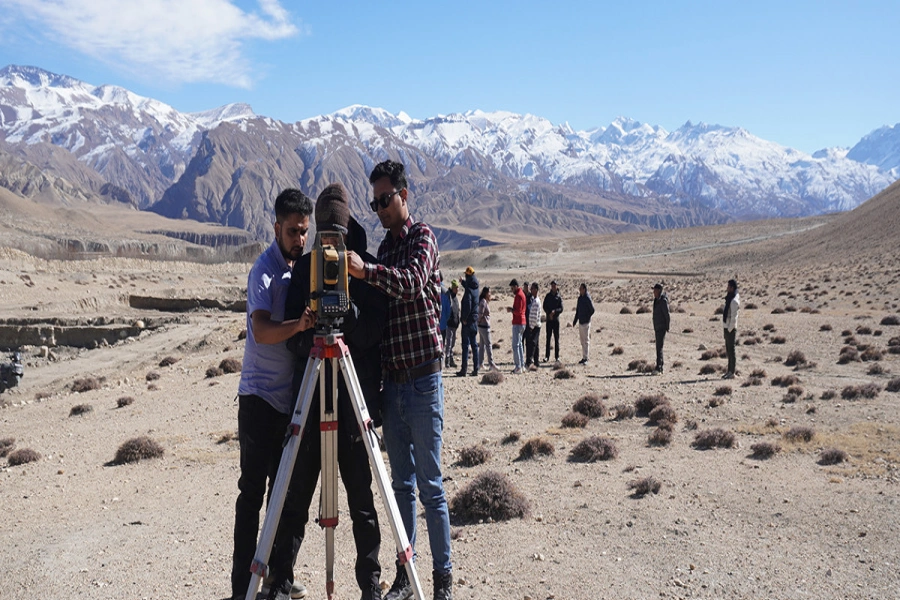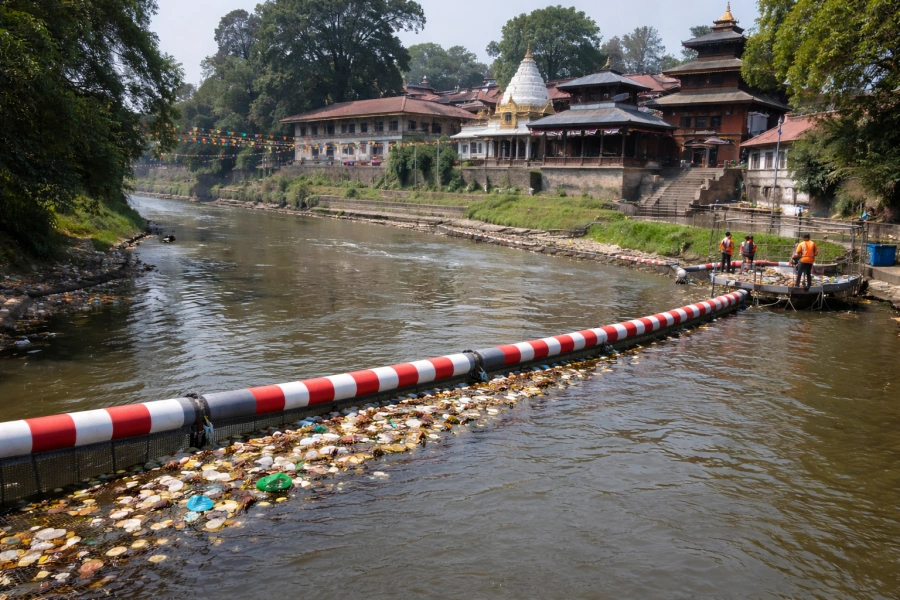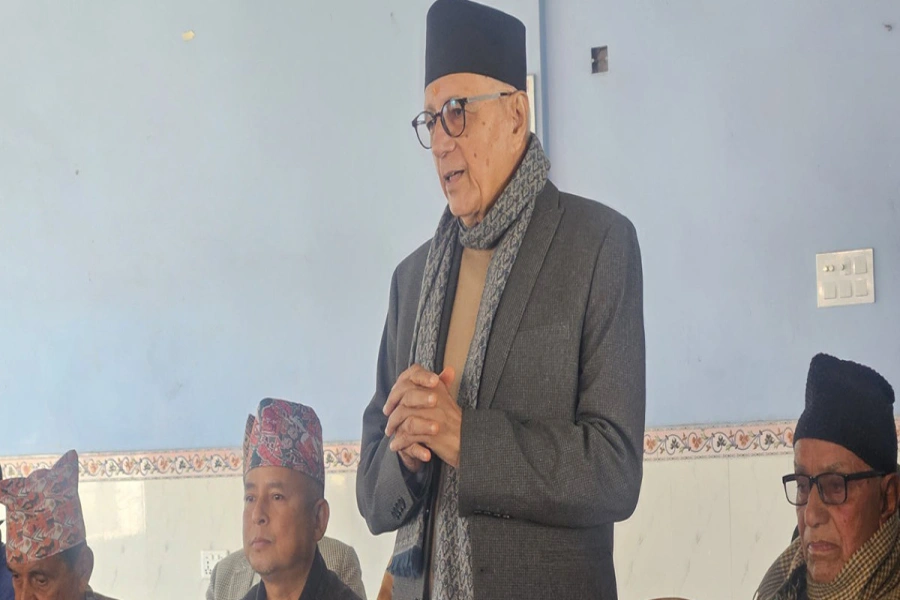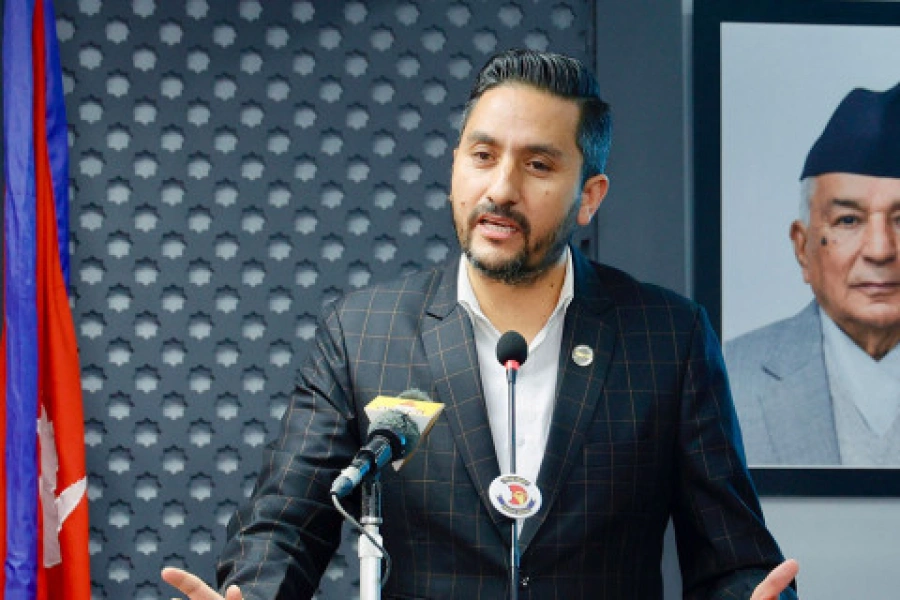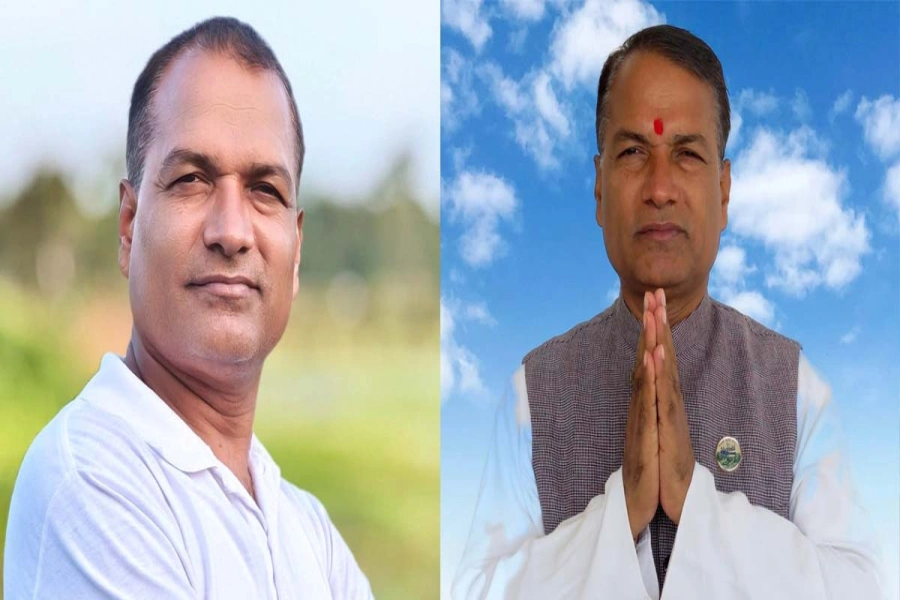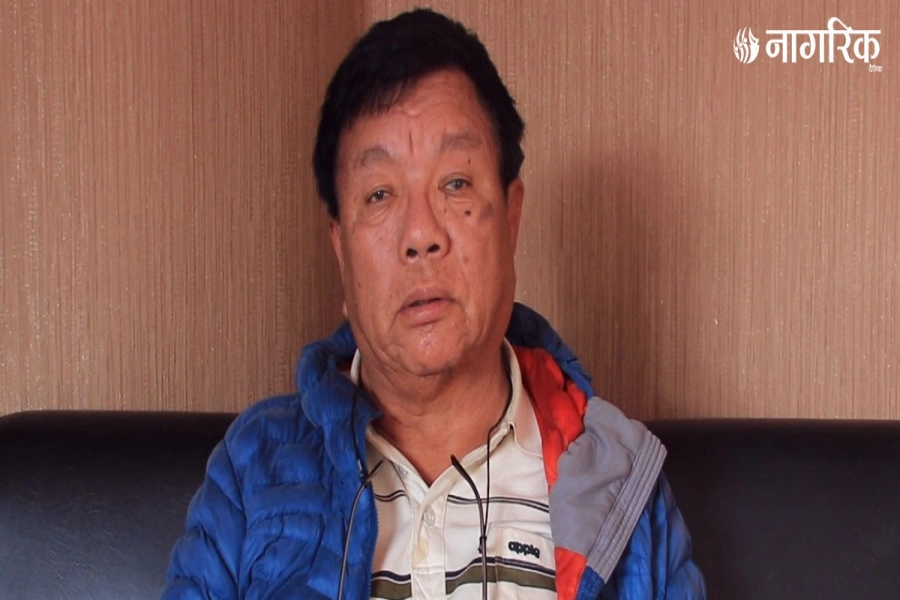KATHMANDU, Sept 5: The Supreme Court (SC) has ordered an amendment to the law so as not to limit the transplantation of human organs, including kidneys, to the recipients’ relatives. A joint bench of Justices Hari Prasad Phuyal and Kumar Chudal has ordered the Ministry of Law, Justice and Parliamentary Affairs to broaden the existing law that prescribes conditions for organ transplant.
The SC explained the changes in international and comparative laws, medical needs, and the right of organ recipients to live. The full text of the Supreme Court's verdict, made on July 24, 2023, was released on Wednesday, a year later.
The apex court has recommended amending the existing Human Body Organ Transplantation (Regulation and Prohibition) Act 2055, as its current provisions are seen as obstructing the purpose of selfless organ donation.
Bishnu Bahadur Khatri Chhetri from Jhapa had filed a writ petition at the SC after the hospital prevented him from undergoing a kidney transplant, although his blood type matched with his first cousin, stating that the law did not permit it. The SC subsequently issued a directive to allow the kidney donation, considering the sensitivity of the right to live.
In accordance with the request of the petitioner, an injunction order was issued in mid-July last year. According to the order, if the petitioner's first cousin Lakmi Bista, who is related to him as a sister, wants to donate a kidney voluntarily, she will be permitted to do so, and the kidney will be medically transplanted accordingly.
Desperate search for missing girls as nearly 80 dead in Texas f...

Similarly, the SC has suggested amending the law to address concerns regarding possible buying and selling or exploitation under the guise of human poverty. The SC has explained that the current law, which only permits organ transplants from close relatives, effectively denies individuals their right to live.
The full text of the court's decision includes a directive for the Ministry of Law, Justice, and Parliamentary Affairs. The court recommends amending the Human Body Organ Transplantation (Regulation and Prohibition) Act to prevent financial transactions, coercion, and influence in organ donations. It recommended including criteria like the donor family's economic status, family details, and consent, and expanding eligibility beyond specified relatives to ensure transparency.
The SC has analyzed that the law hasn’t included all relatives. The verdict mentioned that, “In the situation of including relatives such as maternal and paternal uncles and aunts (kaka kaki, fupu fupaju), it does not seem possible to explain it by excluding the relatives only because of women or because of omission of words.”
The objective of organ transplantation is to save lives, and if such organ donation or reception is done voluntarily without any sale, pressure, or influence, the interpretation of Section 2 (l) of the Act should also align to achieve the Act's purpose.
In the corruption case involving Triratna Tuladhar and the Special Police Department, it appears that “if a statute can be interpreted two ways -one of which is constitutional and another unconstitutional - the court will choose the constitutional interpretation.”
According to Section 2 (l), close relatives, in respect of any person, means that person's son, daughter, mother, father, brother, sister, uncle, nephew, niece, grand-father, grand-mother from the father's side, grand-son, grand-daughter from the son's side, grand-son, grand-daughter from the daughter's side, and includes husband, wife, adopted son, adopted daughter, step mother, step father, father-in-law, mother-in-law, whose relationship has constantly existed since two years ago.
Although the definition of close relative defines some detailed relationship after the first amendment to the Act was made on February 25, 2016, and was implemented from the order, the SC has deemed it to be incomplete.
According to the Section 2 (l) of the Human Body Organ Transplantation (Regulation and Prohibition) Act, 2055, although the act does not mention the husband’s uncle as a close relative, it does not seem to explicitly exclude it. In the definition of the act, fathers-in-law are included in the list of relatives who are willing to donate organs for human organ transplantation, but there is no scientific and social reason for not including fathers-in-law like the husband's uncle.
Including the husband's uncle within the definition of close relatives may not only align with the purpose of the Act but also contribute to the intention, spirit, and essence of the Act as well as the noble cause of saving human lives. The act of donating one's precious organs is not compulsory but voluntary.
The SC said, “It appears that the petitioner’s father-in-law's uncle Netra Prasad Bhandari has voluntarily consented to donate his kidney to his daughter-in-law (niece), for the purpose of saving her life. The SC also ordered the father-in-law's uncle to voluntarily donate his kidney to his daughter-in-law (niece). In this way, the court's decisions and interpretations demonstrate a broad perspective in confirming the nature of the relationship.”
Reviewing the international legal system, it appears that there is a broad concept regarding the possibility of organ donation and transplantation of people other than relatives. In most of the countries except Nepal, the buying and selling of organs is regulated and considered illegal, and if someone donates and adopts a voluntary, charitable perception, it is accepted as the right to life, the right to health, and the right to live.
Internationally recognized organizations like the World Health Organization (WHO) also advocate that organ donation should be viewed from a broader perspective, considering not only relatives but also voluntary and altruistic donation, with the best interests of the recipient and expanding the scope of potential donors by considering the donor's willingness and health conditions.
The SC stated, “With the sacred spirit of saving human life without the involvement of voluntary purchase and sale, it does not seem naturally or practically appropriate to limit organ donation and transplantation strictly to close relatives.”





